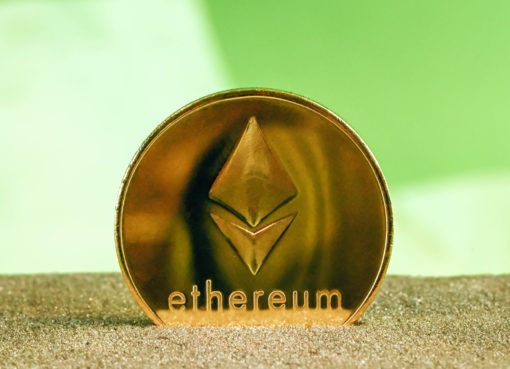In 2022, the citizens of South Korea transacted $4.3 billion (5.6 trillion Korean won) through ‘illegal’ crypto exchanges, according to local sources. The country’s government has been especially attentive toward such money movement amid the tightening regime of licensing.
On March 7, the local media published the numbers the Korea Customs Service provided. According to Customs, the overall amount of funds caught in economic crimes increased significantly from 3.2 trillion won in 2021 to 8.2 trillion won ($6.2 billion) in the last year.
Crypto transactions made up almost 70% of all the illicit money traffic captured by the officers. However, the total amount of intercepted digital assets ($4.3 billion) accrues for only 15 transactions. The transactions were aimed at purchasing foreign virtual assets with the intention to sell them in the country later, as the South Korean regulatory regime isolates the local market and makes the prices of foreign crypto higher for the customers.
Related: South Korea’s Kimchi premium turns to discount
In August 2022, Korean Customs reported detaining 16 individuals involved in illegal foreign exchange transactions connected to crypto assets worth roughly $2 billion. Starting in 2017, Korea’s Foreign Exchange Transactions Act requires entities involved in crypto transactions to get regulatory approval from the Financial Services Commission. Hence, the attempts to participate in the global crypto trade, both from the side of foreign players coming to the Korean market or domestic investors seeking a better exchange course abroad, are labeled as “illegal.”
In the same month, the Korea Financial Intelligence Unit (FIU) took action against 16 foreign-based crypto firms, including the likes of KuCoin, Poloniex and Phemex. All 16 exchanges have purportedly engaged in business activities targeting domestic consumers by offering Korean-language websites, running promotional events targeting Korean consumers and providing credit card payment options for cryptocurrency purchases. These activities all fall under the Financial Transactions Report Act.




